Buck Russell, a lovable but slovenly bachelor, suddenly becomes the temporary caretaker of his nephew and nieces after a family emergency. His freewheeling attitude soon causes tension with his older […]
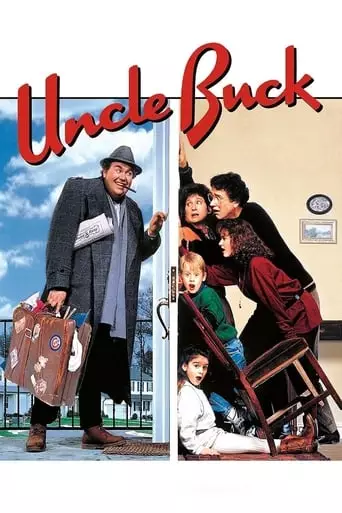
Buck Russell, a lovable but slovenly bachelor, suddenly becomes the temporary caretaker of his nephew and nieces after a family emergency. His freewheeling attitude soon causes tension with his older […]
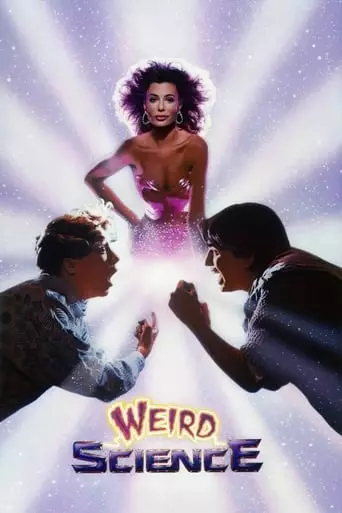
Two unpopular teenagers, Gary and Wyatt, fail at all attempts to be accepted by their peers. Their desperation to be liked leads them to create a woman via their computer. […]
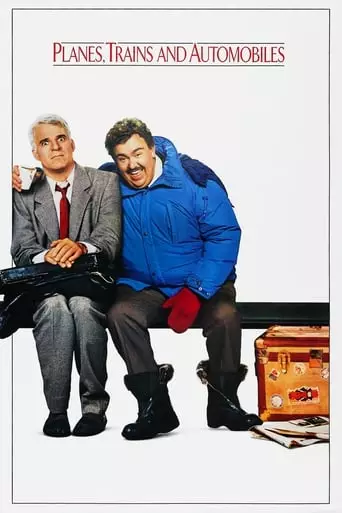
An irritable marketing executive, Neal Page, is heading home to Chicago for Thanksgiving when a number of delays force him to travel with a well meaning but overbearing shower curtain […]
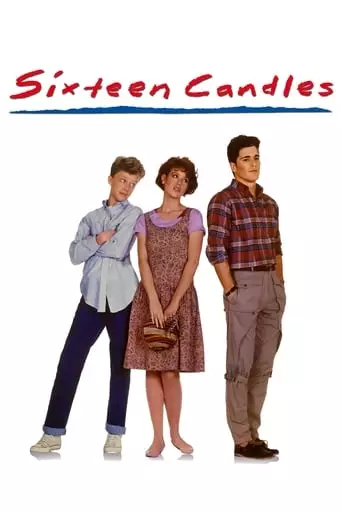
With the occasion all but overshadowed by her sister’s upcoming wedding, angst-ridden Samantha faces her 16th birthday with typical adolescent dread. Samantha pines for studly older boy Jake, but worries […]

After high school slacker Ferris Bueller successfully fakes an illness in order to skip school for the day, he goes on a series of adventures throughout Chicago with his girlfriend […]
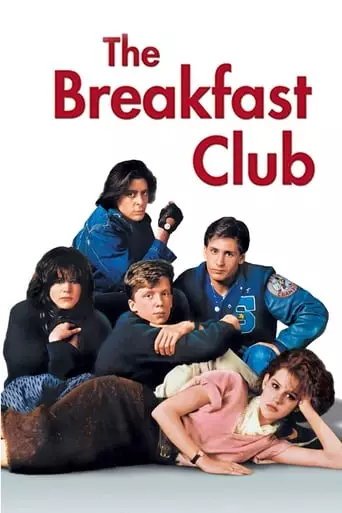
Five high school students from different walks of life endure a Saturday detention under a power-hungry principal. The disparate group includes rebel John, princess Claire, outcast Allison, brainy Brian and […]
John Hughes: The Architect of Teen Cinema and Heartfelt Comedy
John Hughes (1950–2009) was a prolific filmmaker, screenwriter, and producer whose work defined the landscape of 1980s cinema. Renowned for his ability to capture the struggles, humor, and heart of adolescence, Hughes created some of the most beloved films of his era, including The Breakfast Club (1985), Ferris Bueller’s Day Off (1986), and Planes, Trains and Automobiles (1987).
With a career that balanced iconic teen dramas and heartfelt comedies, Hughes’ films resonate with audiences across generations, celebrated for their wit, emotional depth, and relatability.
Early Life and Career Beginnings
John Wilden Hughes Jr. was born on February 18, 1950, in Lansing, Michigan, and raised in the suburbs of Chicago—a setting that would later become the backdrop for many of his films.
Hughes began his career as a copywriter and soon transitioned to comedy writing, contributing to the humor magazine National Lampoon. His work on National Lampoon’s Vacation (1983) launched his Hollywood career, showcasing his knack for blending absurdity with heartfelt family dynamics.
The Teen Whisperer: Defining a Generation
Hughes’ directorial debut, Sixteen Candles (1984), set the stage for his exploration of teenage life. Featuring Molly Ringwald as a girl whose 16th birthday is overshadowed by family chaos, the film struck a chord with audiences for its humor and relatability.
The Breakfast Club (1985)
Arguably Hughes’ most iconic film, The Breakfast Club is a coming-of-age drama that brings together five high school students from different cliques during a Saturday detention.
Through sharp dialogue and nuanced character development, Hughes explored themes of identity, peer pressure, and the universal desire to be understood. The film’s enduring popularity lies in its ability to resonate with audiences across generations, earning it a place as one of the definitive films about adolescence.
Ferris Bueller’s Day Off (1986)
A love letter to youthful rebellion, Ferris Bueller’s Day Off follows a charismatic high schooler (Matthew Broderick) as he skips school for a day of adventure in Chicago. The film’s humor, optimism, and fourth-wall-breaking charm made it an instant classic, encapsulating Hughes’ ability to celebrate the joy and spontaneity of youth.
Expanding Horizons: Comedy for All Ages
While Hughes is best known for his teen films, he also demonstrated a remarkable ability to craft comedies that appealed to a broader audience.
Planes, Trains and Automobiles (1987)
Starring Steve Martin and John Candy, this road-trip comedy is a heartfelt exploration of friendship and resilience. Hughes balanced slapstick humor with moments of genuine emotion, creating a film that remains a holiday favorite.
Uncle Buck (1989)
This family comedy, featuring John Candy as an unconventional babysitter, showcased Hughes’ talent for finding humor in everyday situations while exploring themes of responsibility and connection.
Behind the Scenes: A Prolific Screenwriter and Producer
In addition to directing, Hughes was a prolific screenwriter and producer, contributing to a wide range of films, including:
National Lampoon’s Vacation (1983): A comedic road trip that launched a franchise.
Pretty in Pink (1986) and Some Kind of Wonderful (1987): Teen dramas that highlighted Hughes’ gift for creating relatable characters.
Home Alone (1990): A holiday classic that became one of the highest-grossing comedies of all time.
Recurring Themes and Style
Hughes’ films are characterized by their:
Relatable Characters: Whether teenagers or adults, his protagonists often grapple with universal challenges like identity, love, and family dynamics.
Sharp Humor: Hughes balanced laugh-out-loud moments with subtle wit, creating comedies that appeal to a wide range of audiences.
Emotional Depth: Beneath the humor, his films often explore themes of loneliness, acceptance, and personal growth.
Suburban Settings: Hughes frequently set his films in the fictional town of Shermer, Illinois, reflecting his Midwestern upbringing.
Legacy and Influence
John Hughes’ impact on cinema is immeasurable. His ability to authentically portray teenage life inspired countless filmmakers, including Judd Apatow, Kevin Smith, and Greta Gerwig. His films remain cultural touchstones, celebrated for their humor, heart, and timeless appeal.
Hughes’ work also helped launch the careers of several actors, including Molly Ringwald, Anthony Michael Hall, and Macaulay Culkin, cementing his role as a key figure in Hollywood’s 1980s landscape.
Later Years and Passing
In the 1990s, Hughes stepped away from directing but continued to write and produce films. He spent his later years living a private life in Illinois. On August 6, 2009, Hughes passed away from a heart attack at the age of 59, leaving behind a legacy of films that continue to inspire and entertain.
Conclusion
John Hughes was a master storyteller who understood the intricacies of human relationships, particularly during the tumultuous teenage years. His films, filled with humor, warmth, and honesty, remain beloved by audiences of all ages.
Through his work, Hughes not only defined a generation but also reminded us of the power of cinema to connect, comfort, and celebrate the human experience.